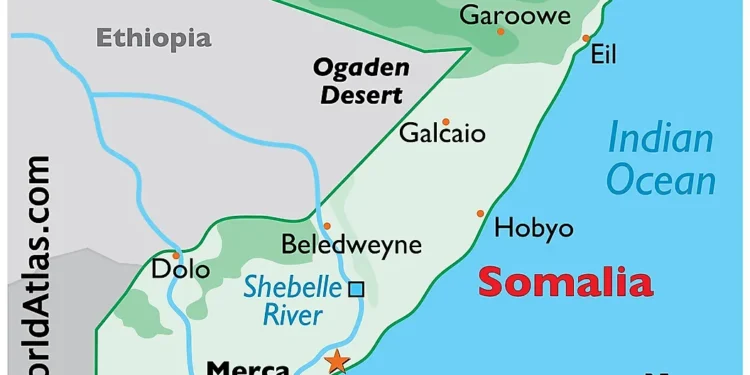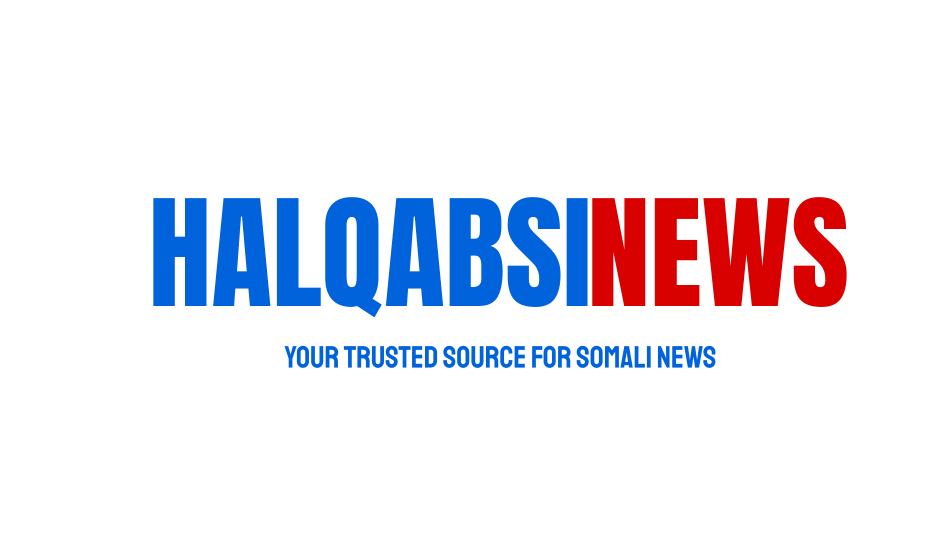(03-01-24) MOGADISHU (Halqabsi News) — In less than 24 hours, statements of support for Somalia’s territorial sovereignty flooded in from various international players, including Egypt, Qatar, the European Union (EU), the United States, and the entire Arab League. This widespread international backing comes in response to the Federal Government of Somalia’s (FGS) opposition to the recent port deal between Ethiopia and Somaliland, an agreement that has also drawn criticism from the militant group Al-Shabaab.
Somaliland, having unilaterally declared independence from Somalia in 1991, remains largely unrecognized internationally. Ethiopia’s engagement in sea access deal with Somaliland in exchange for recognition represents a notable shift in regional politics, particularly as it challenges the traditional perceptions of sovereignty and territorial integrity within the Horn of Africa.
President Hassan Sheikh Mohamed, reflecting the sentiments of many Somalis, has vehemently opposed the Ethiopia-Somaliland agreement. His stance, echoed by Al-Shabaab’s nationalist objections, signals a rare point of convergence between the Somali government and the insurgent group. This situation, while it doesn’t indicate a formal alliance, does highlight the complexities of Somali nationalism and regional politics.
The recent decision by the United Nations to lift the arms embargo on Somalia was expected to enhance the FGS’s capacity to counteract terrorism, including the long-standing threat posed by Al-Shabaab. However, the current focus on Ethiopia as a national concern appears to be diverting attention from the internal struggle against Al-Shabaab.
On Somali social media, there has been a noticeable shift in public opinion, with many voicing concerns that Ethiopia’s recognition of Somaliland’s autonomy is a greater threat than Al-Shabaab’s insurgent activities. This shift is significant as it suggests a re-evaluation of national priorities and threats among the Somali public.
Concerns have been raised about the possibility of the FGS adopting a more passive approach towards Al-Shabaab, potentially allowing the group to concentrate its efforts against Ethiopia. While this remains speculative, the implications of such a strategy would be far-reaching, affecting not only Somalia’s internal security but also its international relations and standing.
The Ethiopia-Somaliland port deal has introduced new dimensions to the political and security landscape in Somalia. The coincidental alignment of the FGS and Al-Shabaab’s positions on this issue underlines the complex interplay of nationalism, regional politics, and security concerns in the Horn of Africa. As the situation evolves, the responses of the Somali government, regional players, and the international community will be crucial in shaping the future of the region.
The complex history between Ethiopia and Somalia is marked by recurring conflicts and shifting political landscapes. Key historical events include the 1964 border war, the 1977-1978 Ogaden War, and the significant intervention by Ethiopian troops in Somalia in December 2006. This intervention was primarily aimed at dismantling the Islamic Courts Union (ICU), a coalition that had succeeded in expelling warlords from Mogadishu. The fall of the ICU led to the emergence of Al-Shabaab, an extremist group that has since been a major player in the ongoing instability in Somalia. The Ethiopian military action, which lasted for about two years, resulted in the deaths of thousands of Somalis and culminated in the withdrawal of Ethiopian forces under persistent resistance. These historical conflicts have deeply influenced the political and security dynamics in the Horn of Africa, contributing to longstanding tensions and shaping the current geopolitical situation.














